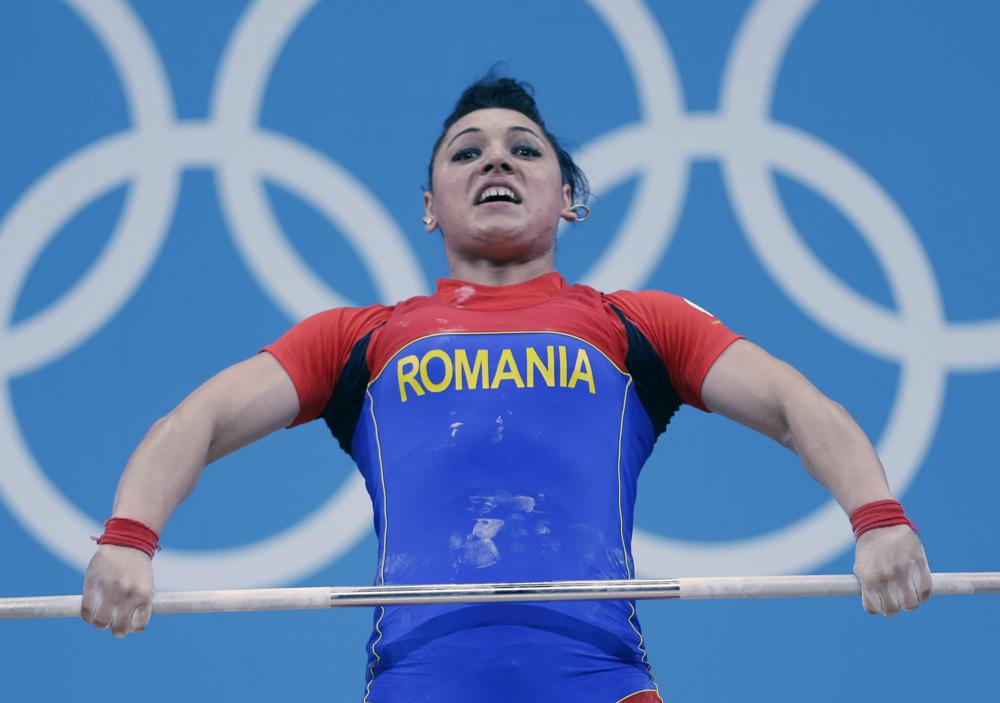

A culture of alleged corruption among international weightlifting officials was detailed Thursday in an investigative report of covered-up doping cases for athletes who won Olympic and world titles.
Three of the sport’s longtime leaders — former International Weightlifting Federation president Tamás Aján, vice president Nicolae Vlad and executive board member Hasan Akkus — were charged with a range of complicity and tampering offenses under the World Anti-Doping Code.
Alleged misconduct for a decade up to 2019, including 146 unresolved doping cases, was laid out in a 50-page document. The investigation was run by the International Testing Agency, which manages anti-doping programs for Olympic sports.
Reasons for the failures to prosecute some doping cases ranged from “chaotic organizational processes” and errors to “outright negligence, complicity, or — at worst — blatant and intentional cover-ups,” ITA investigators wrote. A total of 29 cases cannot be prosecuted due to destroyed evidence or expiring statute of limitations.